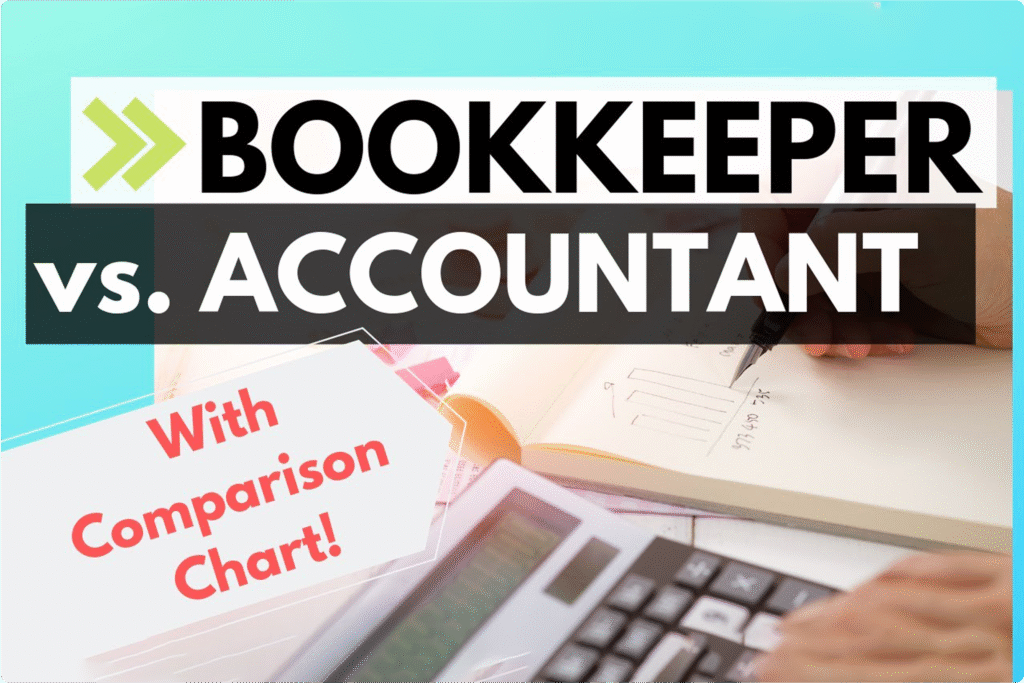Choosing between managing your own books or working with a professional is one of the most important early business decisions. The right approach can save time, reduce stress, and protect your bottom line. This guide on DIY vs professional bookkeeping will help you decide what fits your business stage and goals.
Want accurate, stress-free bookkeeping from the start? Join hands with Koffex Accounting and keep your finances on track year-round.
DIY Bookkeeping
DIY bookkeeping means handling your own financial records using software like QuickBooks, Xero, Wave, or even spreadsheets. It can work well for small or early-stage businesses with simple transactions.
Advantages of DIY Bookkeeping
- Lower Cost: No ongoing accountant fees, just software subscriptions or free tools.
- Hands-On Control: You manage every entry, making it easier to understand your numbers.
- Learning Value: You gain first-hand knowledge of your company’s finances.
- Flexible Schedule: Update your books when it suits you.
Drawbacks of DIY Bookkeeping
- Time-Intensive: Hours spent on records take time away from growth activities.
- Error Risk: Missed deductions or incorrect entries can lead to penalties.
- Limited Expertise: Without training, you might overlook tax strategies or compliance issues.
- Ongoing Stress: The responsibility for accuracy rests entirely on you.
Hiring an Accountant or Professional Bookkeeper
Professional bookkeeping involves outsourcing daily records, reconciliations, and often tax preparation to an expert. It’s ideal for growing businesses or owners who value their time.
Advantages of Hiring a Professional
- Accuracy and Compliance: Reduced risk of mistakes with expert oversight.
- Time Savings: Focus on running and expanding your business.
- Strategic Advice: Accountants offer financial insights that go beyond recordkeeping.
- Peace of Mind: Confidence that tax deadlines and reports are handled correctly.
Drawbacks of Hiring a Professional
- Cost: Fees may feel high for very small businesses.
- Less Daily Control: You rely on another party to manage your data.
- Potential Communication Gaps: Choosing a reliable provider is key to avoiding issues.
Hybrid Approaches
Many businesses mix the two methods: managing daily entries themselves but hiring a professional for quarterly reviews, year-end filings, or complex tax situations. Some start DIY and shift to outsourcing as they grow, ensuring they avoid common pitfalls like those in
How to Decide Between DIY and Professional Bookkeeping
Your decision depends on several factors:
Complexity of Finances
Simple, low-transaction businesses can often handle DIY. As volume or complexity increases, professional help becomes more valuable.
Comfort with Numbers
If you enjoy detail work and have time to learn, DIY can be manageable. If not, outsourcing is safer.
Budget vs. Risk
Weigh accountant fees against potential costs of errors. Missed deductions or penalties can outweigh savings.
Time Availability
If your time generates more revenue elsewhere, hiring a pro is an investment rather than an expense.
Tip: Even if you start DIY, consider having an accountant set up your chart of accounts and review your books periodically. It’s a cost-effective way to blend control with expert oversight, much like strategies in our other blog [How Outsourced Bookkeeping Can Save You Time & Money].
Final Word
Whether you choose DIY or professional help, keeping accurate, up-to-date books is non-negotiable for business success. The smartest choice is the one that aligns with your capacity, complexity, and growth plans.
Need bookkeeping that scales with your business?
Get a free consultation with Koffex Accounting and take the stress out of your financial management.
Is it better to do your own bookkeeping or hire an accountant?
It depends on your budget, time, and comfort with finances. DIY works for simple books, while hiring offers expertise and saves time.
Can I manage bookkeeping myself for a small business?
Yes, if transactions are simple and you use reliable software. Review your work regularly to avoid errors.
What are the risks of DIY bookkeeping?
Mistakes, missed deductions, and compliance issues are common, especially without accounting knowledge.
How much does it cost to hire an accountant?
Costs vary from a few hundred to several thousand dollars annually, depending on services and complexity.
When should a small business hire an accountant?
When transactions become complex, tax filing feels overwhelming, or your time is better spent on growth.
What’s the difference between a bookkeeper and an accountant?
Bookkeepers record transactions, while accountants analyze data, file taxes, and provide strategic advice.







